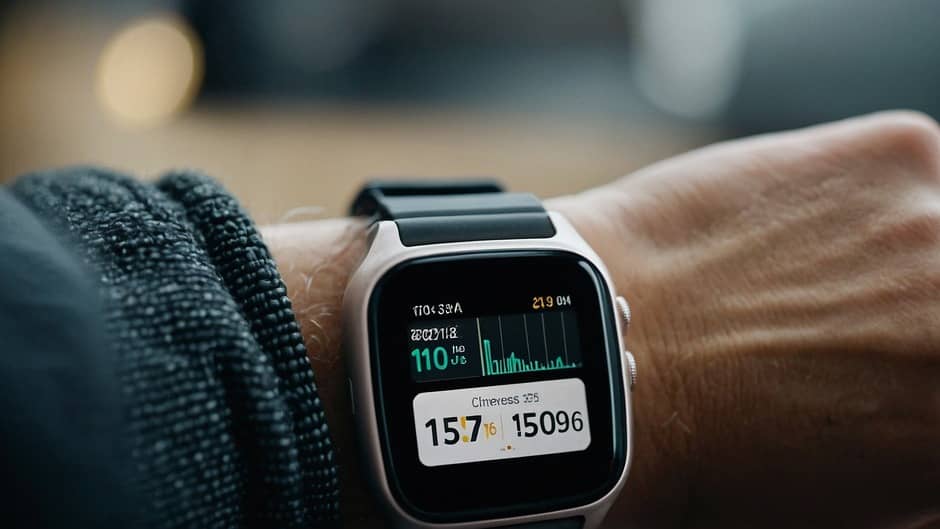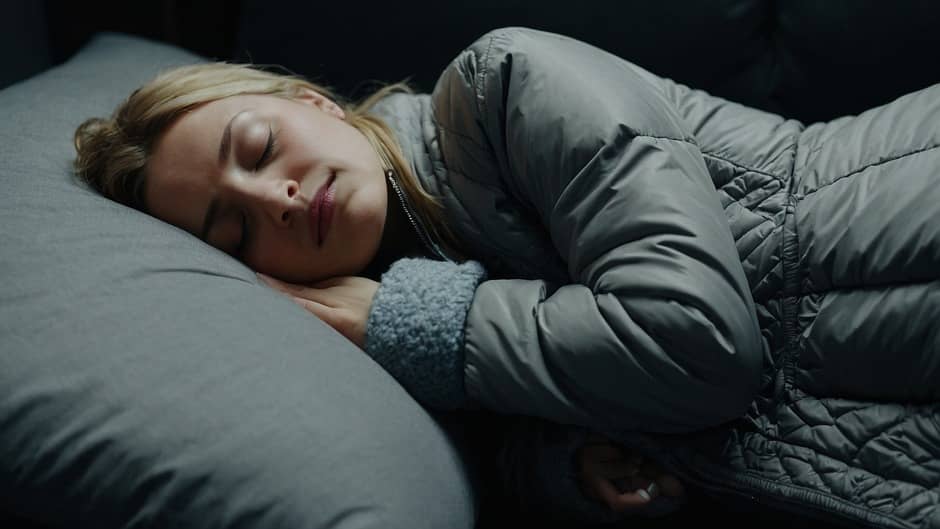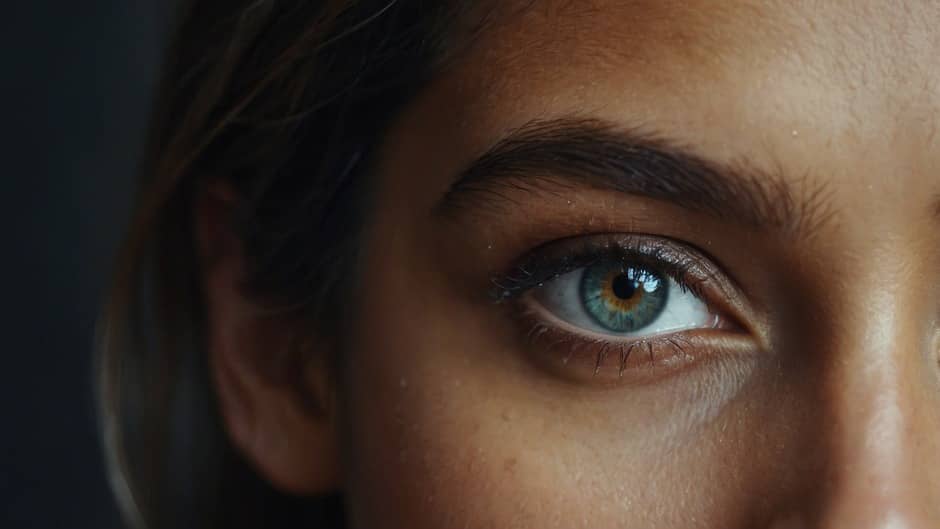Table of Contents
- 1. Can You Get Vitamin D Through Clothes?
- 2. How Much Vitamin D Do You Get From the Sun?
- 3. How to Safely Get Vitamin D From Sunlight?
- What Exactly Is Vitamin D and Why Should We Care?
- What’s the Link Between Vitamin D Deficiency and Dementia?
- How Do You Know If You’re Low on Vitamin D?
- How to Boost Your Vitamin D Levels
- Can Fixing a Vitamin D Deficiency Help Prevent Dementia?
1. Can You Get Vitamin D Through Clothes?
Picture yourself outside on a bright day, dressed in your very favorite attire.
You might be wondering, “Do my clothes completely block out the sun’s vitamin D, or am I still getting any from it?”
Here’s the thing: our skin and pores produce vitamin D when they are exposed to daylight uninterrupted.
This implies that if you wear clothing that covers the majority of your body, the skin that is exposed isn’t constantly producing much, if any, vitamin D.
Wearing clothing creates a barrier between your skin and the sun’s ultraviolet B (UVB) rays, which are the specific rays that cause your skin and pores to produce vitamin D. Also, I will explain dementia and Vitamin D deficiency.
The more skin you cover, the less vitamin D your body can produce.
Therefore, the parts of your body that are exposed, such as your hands, neck, and face, are the ones that are actually absorbing the UVB rays if you’re wearing long sleeves and slacks. It is no longer an all-or-nothing proposition.
A small amount of light may still be able to pass through thin or loosely woven cloth, but it usually isn’t enough to make a significant difference.
Thus, getting some direct sunlight for your skin and pores is essential if you’re depending on solar exposure for your vitamin D levels. When spending some time outside, consider rolling up your sleeves or donning a blouse with short sleeves.
This will allow your body to absorb some of the risk.
2. How Much Vitamin D Do You Get From the Sun?
Now, as you step outside on a bright day, you might be wondering, “How much vitamin D am I actually getting from this?”
The answer isn’t accurate because it depends on a few variables.
First of all, the time of day has a significant impact. Midday is when the sun is at its strongest, allowing your body to manufacture the most vitamin D in the shortest amount of time.
Since the sun’s rays are weaker while you’re outside in the early morning or late afternoon, you’ll need more time to get the same amount of vitamin D.
Don’t forget about the area in where you reside.
You will make more vitamin D more quickly if you are facing the equator since the sun’s rays are more direct there.
However, if you live far from the equator, especially during the winter, the sun’s rays strike the earth at an angle, which makes it harder for your skin and pores to absorb vitamin D.
Your skin tone and pores also affect how much vitamin D you can produce. Individuals with darker skin and pores have higher melanin levels, which provides some protection against UVB radiation.
This is excellent for protecting against sun damage, but it also means that darker skin types need more sun exposure to provide the same amount of vitamin D as lighter skin types.
Depending on your skin tone and location, exposing your arms and legs to the sun for a half hour to an hour on a bright, sunny day around noon may help your body manufacture an amazing amount of vitamin D. But keep in mind that there is no one-size-fits-all solution; instead, it is more important to find what is best for you and your situation.
Also Read – No Equipment Workout To Lose Belly Fat (2024)
3. How to Safely Get Vitamin D From Sunlight?
We all know by now that one of the best ways to obtain vitamin D is to spend time outside in the sun.
However, it’s imperative to maintain that balance by protecting your skin and pores from the harmful effects of excessive sun exposure.
So, how can you effectively obtain your recommended daily intake of vitamin D from sunlight? Getting some solar publicity without going overboard is the key.
Start by going outside for brief periods of time—roughly ten to thirty minutes, depending on your skin tone, the time of day, and your location—without wearing sunscreen.
Try to expose your arms, legs, or back to the sun during this period; those broad areas will help your body manufacture more vitamin D.
Applying sunscreen is a great idea if you intend to spend more time outside after your initial solar exposure.
Sunscreen is essential for protecting your skin and pores from sunlight and lowering your risk of developing skin and pores cancer.
Put on sunscreen and protect your skin and pores as soon as you’ve had enough sun exposure to meet your vitamin D requirements.
Avoiding the sun at its fiercest, which is usually between 10 a. m. and 4 p. m is also beneficial, especially if you have genuine skin that burns easily.
If you plan to be outside during those hours, find some shade, put on protective clothes, or put on a hat to protect yourself from the sun.

Now, let’s talk about something that is really important but often disregarded: vitamin D and its relationship to dementia.
I know what you’re probably thinking, though: “What has sunshine to do with mental health?”
Now grab a seat, because that is one interesting story! Now, here’s the thing: Often referred to as the “sunshine vitamin” (for obvious reasons), vitamin D is much more than just a bone-building vitamin.
It appears that it also plays a significant role in keeping your intellect as sharp as a board. Now, let’s get started without making things too complicated because, trust me, even students in college should be able to understand this.
What Exactly Is Vitamin D and Why Should We Care?
In many ways, vitamin D is a celebrity nutrient.
Our bodies obviously create it when we receive a few good, old-fashioned sunny days. But many people do not receive enough sunlight, especially those who live in areas with long winters or who spend most of their time indoors.
This is where things get a little tricky: things can become worse even though you’re no longer getting enough of this vitamin.
Not only does vitamin D help to maintain strong bones, but it also helps to modify critical mental functions.
Studies have shown that those with low vitamin D levels are more likely to develop dementia. And let’s face it, at some point during a storm, nobody wants their thoughts to be as slow as their Wi-Fi.
What’s the Link Between Vitamin D Deficiency and Dementia?
Let me ask you to picture your mind as something like an engine in a car.
Now, vitamin D functions similarly to the oil that keeps everything running properly. Your intellect starts to splutter when you don’t get enough Vitamin D, and this can lead to some serious issues in the long run.
According to studies, vitamin D helps protect the brain against several threats, including infections and even the buildup of proteins linked to Alzheimer’s disease, the most common type of dementia.
Consider vitamin D as your mental equivalent of the janitor who keeps your mind tidy and prevents things from becoming too cluttered.
Lack of it can cause disorientation and memory loss when the clutter starts to accumulate.
How Do You Know If You’re Low on Vitamin D?
If you feel unusually exhausted, if your muscles hurt for no apparent reason, or if you get sick frequently, you most likely have low vitamin D levels.
The worst part is that many people are unaware that they are deficient in vitamin D because the symptoms can be subtle.
It is comparable to the silent ninja of flaws. Older adults are more vulnerable because as we age, our pores and skin produce significantly less vitamin D.
Also Read – How Do You Get Natural Electrolytes – Bad Sugar Substitutes For Keto (2024)
How to Boost Your Vitamin D Levels
Now, you’re probably asking yourself, “How do I get more vitamin D without turning into a sun-loving lizard?” You now have a few choices to choose from:
1. Get Some Sunlight Going outside and letting the sun do its work is the easiest and most natural way to obtain vitamin D. Depending on your pores and skin type, roughly ten to thirty minutes in the afternoon should be enough to avoid you looking like a marshmallow.
2. Eat the Right Foods – To get that extra vitamin D boost, if you can’t get enough sunlight, turn to foods like salmon, egg yolks, and fatty fish that have been fortified.
3. Take Supplements: It’s acceptable to use supplements if you’re genuinely having trouble getting enough vitamin D. It’s similar to providing your body with the cheat code to unlock the benefits of that fitness.
Can Fixing a Vitamin D Deficiency Help Prevent Dementia?
While obtaining enough vitamin D won’t guarantee that you won’t develop dementia, it will help lower your risk.
Consider it similar to a seatbelt: while wearing one increases your chances of remaining safe in the event that something goes wrong, it does not guarantee that you will never be in a car accident.
So, in order to keep our minds healthy, do we all have to start chasing the sun?
It is, in fact, a step in the right direction.
But remember that vitamin D is like the Swiss Army knife of vitamins; it has several applications, and mental health is only one of the many reasons to make sure you’re getting enough of it.
Read us on Medium.




